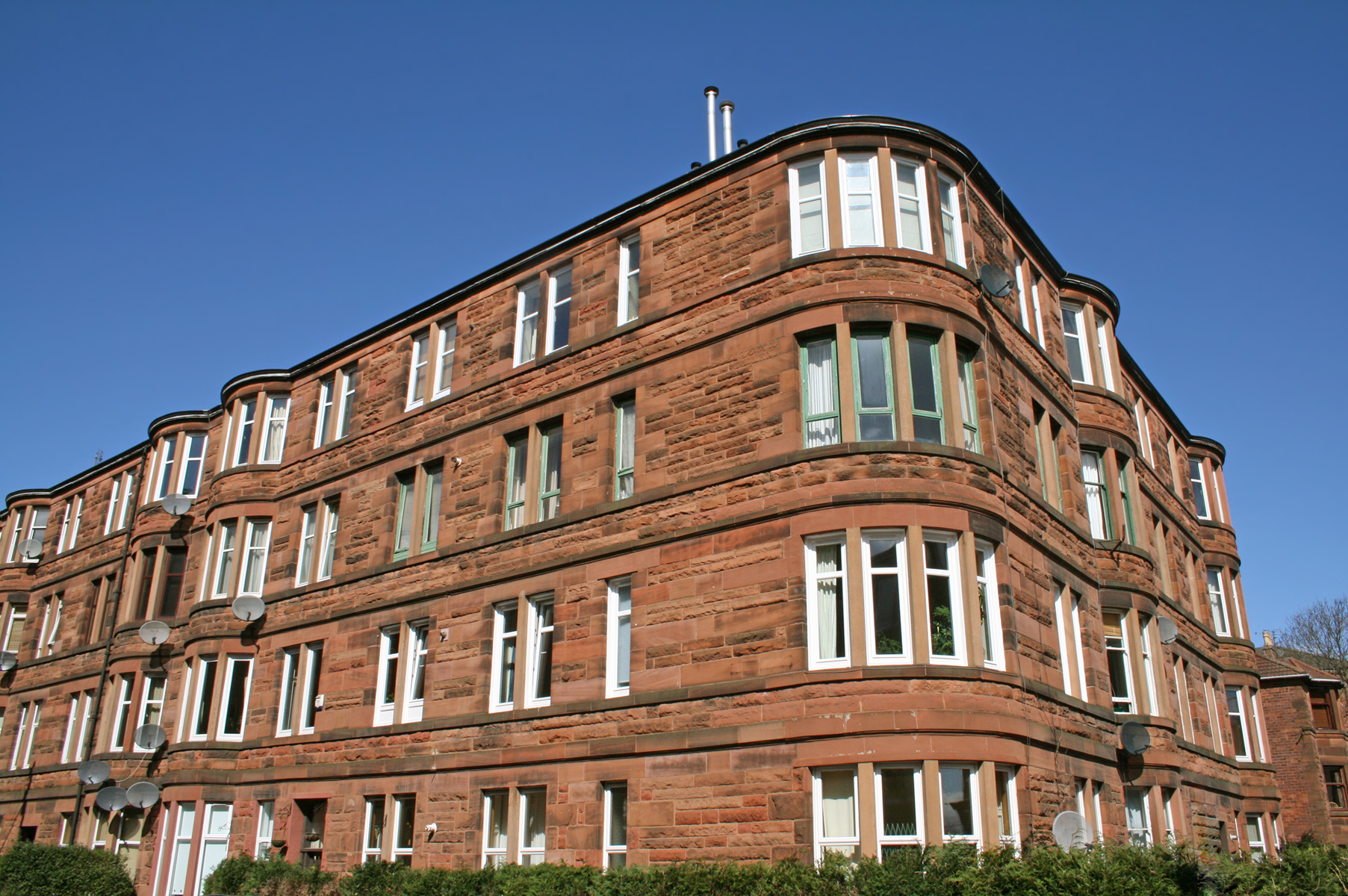Communal heating

Communal heating is a way of heating several properties, or a block of flats.
Instead of each home having a boiler, the heat is produced elsewhere and sent to your home.
How does communal heating work?
Heat is produced in a central location, rather than inside your home. This is usually a boiler room somewhere nearby.
The central system heats up hot water. This water travels through pipes into your home, where it can be used for your heating and hot water.
How do I control my heating?
With communal heating, you’re still in control. You should be able to choose:
- When your heating comes on
- How warm your home is overall
- How warm it is in different rooms
To choose when your heating comes on, you can use your programmer. To choose how warm your home is overall, you can use your room thermostat. We’ve written a guide to help with both, here.
To choose how warm it is in different rooms you can use the valves on your radiators. We’ve written a guide for them here.
What’s a Heat Interface Unit (HIU)?
Although your home won’t have a boiler, you may have a Heat Interface Unit (HIU). This looks a lot like a boiler, except smaller. It helps transfer the heat from the central system to the pipes in your home.
How do I pay for my energy?
This will depend on the agreement that’s been made with your housing association.
You might:
- Pay a service charge or have a Heat with Rent agreement
- Receive bills from your supplier
- Have a pre-payment meter
What else do I need to know about communal heating?
You won’t be able to switch energy supplier
Your housing association chooses the energy supplier. They buy energy in bulk from this supplier, which helps them get a good deal. This saving should help keep your bills lower.
It’s still important to save energy
If you get bills from your energy supplier or have a pre-payment meter, then what you pay will depend on how much energy you use.
If you pay through a service charge or Heat with Rent, it’s still important to save energy. What you pay for your energy is usually based on how much your housing association thinks you’ll use through the year. If you use less than this, you might be able to get a refund. It could also change how much energy your housing association thinks you’ll use the following year. As a result, they might charge you less.
See our energy saving tips to find ways to save energy in your home.